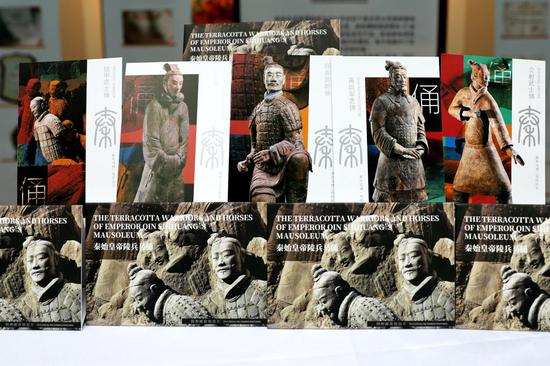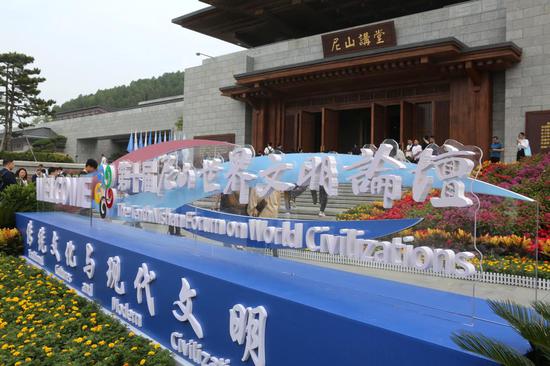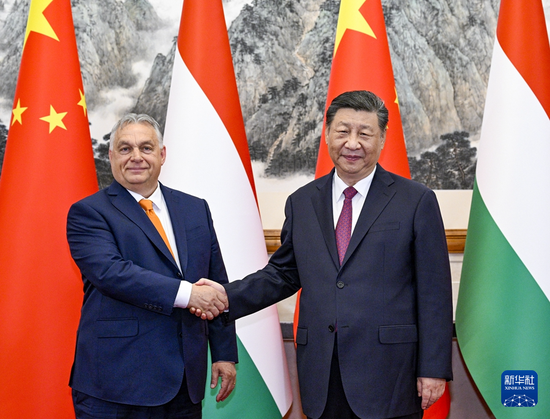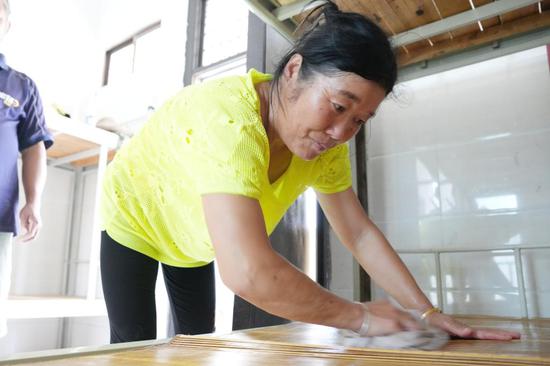A new type of therapy using healthy donor cells has shown significant promise in treating severe autoimmune diseases, according to research by Shanghai Changzheng Hospital.
The findings, published Monday in the journal Cell, represent the world's first reported successful use of such an approach for autoimmune diseases.
Chimeric antigen receptor T-cell therapy, which involves genetically modifying a patient's T-cells — white blood cells that are an important part of the immune system — to attack cancer cells, has revolutionized cancer treatment in recent years. This new study explores its potential for autoimmune diseases, which occur when the immune system attacks healthy tissues.
"Traditionally, CAR-T therapy uses a patient's own T-cells," said Xu Huji, director of rheumatology and immunology at the hospital and lead author of the study. "However, in autoimmune diseases, a patient's T-cells may be dysfunctional. Our approach utilizes healthy donor cells, offering a potentially more effective solution."
The clinical trial involved three patients with severe, treatment-resistant autoimmune diseases. One patient with immune-mediated necrotizing myositis regained significant mobility after treatment. Two patients with systemic sclerosis, a condition characterized by hardened skin, experienced softening and improved organ function. Notably, the treatment reversed fibrosis, which was previously thought to be an irreversible complication.
"These results are beyond our expectations," Xu said. "The reversal of fibrosis raises new scientific questions and highlights the potential of this therapy."
Autoimmune diseases affect over 100 million people in China. With limited treatment options and no cure currently available, the novel CAR-T cell therapy offers renewed hope for patients.
"Healthy donor cells offer several advantages," Xu said. "They may be more effective in patients with compromised immune systems, and they can be mass-produced, potentially reducing treatment costs significantly."
While the study's early results are encouraging, Xu emphasizes the need for further evaluation.
"The trial involved a small sample size, and future studies with a broader patient population are necessary to confirm the therapy's efficacy and safety," Xu said.
Gao Fu, former director-general of the Chinese Center for Disease Control and Prevention, said all three patients in the clinical trial had exhausted existing treatment options.
"These results demonstrate the potential of this therapy and warrant further investigation in larger clinical trials," Gao said.


















































 京公网安备 11010202009201号
京公网安备 11010202009201号